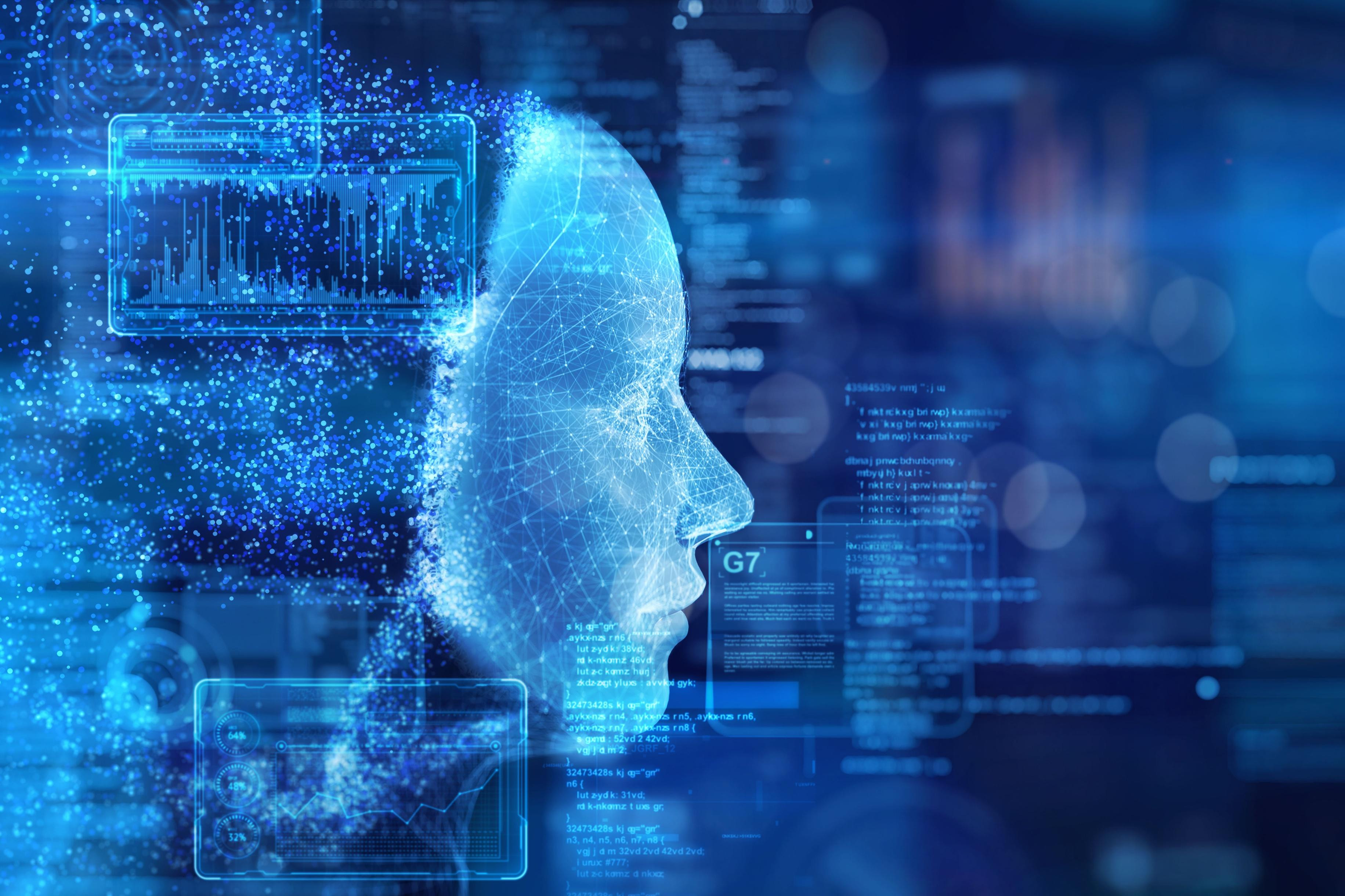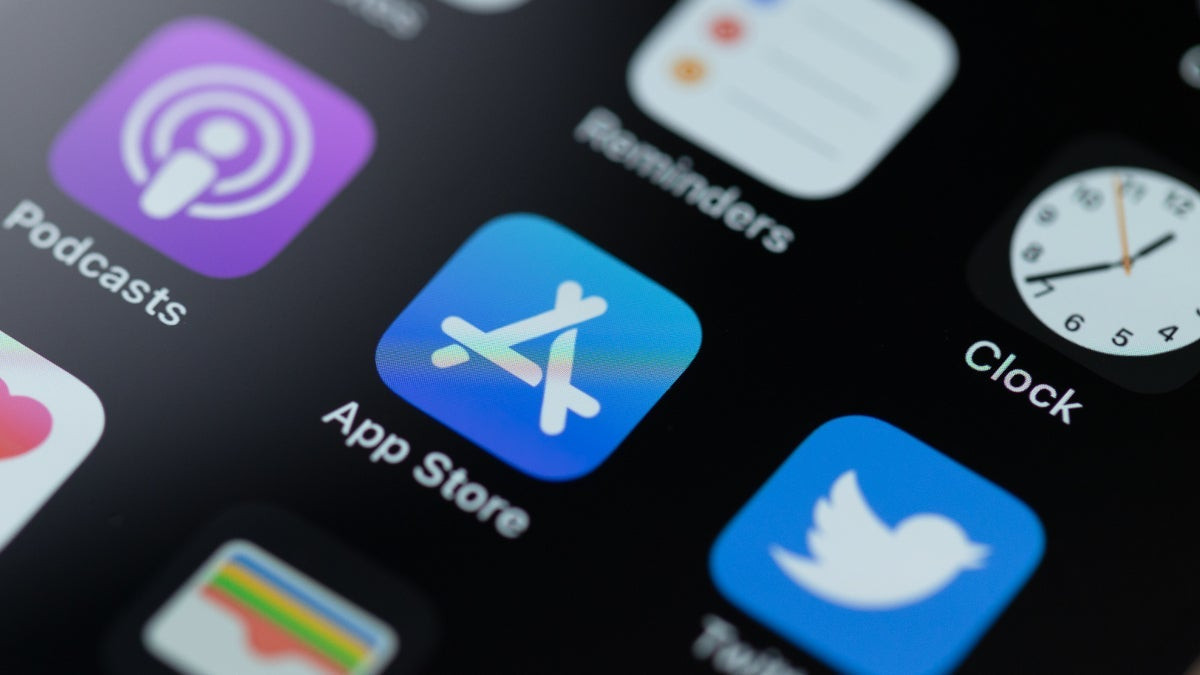The Rise of AI in the Media Landscape
In an era of rapid technological disruption, AI is poised to revolutionize the communications industry. Leading global communications and public relations agency, FleishmanHillard, predicts that AI will play a pivotal role in shaping the future of the industry, particularly in the next five years. By 2029, AI-powered tools such as automation, crowdsourcing, and programmatic will significantly impact the communications process, potentially replacing human roles.
Sophis Kasemsahasin, Senior Vice President, Partner, and General Manager at FleishmanHillard Thailand, emphasizes the need for adaptation in the ever-evolving media landscape. At the Techsauce Global Summit 2024, the largest technology conference in Southeast Asia, Kasemsahasin highlighted the critical role of AI in communications: "As experts in communications and public relations, we must adapt to the ever-changing conditions, not only to survive but to anticipate future developments and effectively adjust to the evolving media landscape." FleishmanHillard's research into the mega-trend of AI emphasizes its potential to transform the communications and media business.
AI: Empowering the Communications Industry
The insights from FleishmanHillard's research demonstrate that AI is enhancing operations in the modern media landscape. Major media outlets, including BBC, CNN, The Washington Post, AP, and prominent Thai news agencies, are leveraging AI technology to process complex data sets and automate content creation. This automation encompasses various formats, such as business earnings reports, sports news, and election coverage. Research suggests that AI can significantly reduce journalists' working time, potentially by up to 20%.
Beyond content creation, AI plays a critical role in news content monitoring and dissemination. AI algorithms help journalists analyze and understand consumer behaviors in the digital age. They also assist in screening news content quality before it reaches editors, facilitating fact-checking, combating fake news, and tracking polarization in news reporting, a trend expected to increase in the future.
The Impact of AI on Content Creation
AI's role in the media landscape extends beyond content creation automation. It empowers journalists to identify trends and plan diverse, timely news presentations with deeper perspectives. This enables them to cater to the needs of digital consumers and drive greater engagement.
The Role of Micro-Influencers in the AI Era
While AI is transforming the media landscape, it's important to recognize that human connection remains vital. Micro-influencers, who deliver authentic and relevant content, will continue to play a crucial role in communications. The emergence of crowdsourcing tools and micro-influencer platforms will connect PR professionals with vast networks of influencers, enabling efficient and targeted brand promotion. These tools will also streamline content development, allowing PR professionals and content creators to produce content more promptly and accurately for specific demographics.
The Rise of Immersive and Instant Content
The integration of AI into the media industry is driving the creation of immersive and instant content. Automation and programmatic tools are replacing traditional text-based news formats with audio and video content. For example, leading U.S. organizations have utilized AI to broadcast the Olympic Games from Paris, while the BBC has adopted Virtual Reality (VR) for live boxing matches.
The importance of content creation, whether video, live streams, VR, Augmented Reality (AR), 360-degree video, or edited content, lies in its reusability and metadata compatibility. All shared content should be trackable across relevant channels. Modern content creators employ algorithms to monitor performance, study the characteristics and lifestyles of digital media consumers, and inform future content development.
AI and Humans: A Synergistic Partnership
The convergence of AI technology and human expertise is transforming the media relations landscape. While AI brings efficiency, data-driven insights, and automation, humans offer creativity, strategic thinking, and emotional intelligence. Over the next five years, AI will become increasingly integral to communications, but it cannot replicate the genuine human touch. AI complements the unique skills of human professionals, enhancing their capabilities. To navigate the shifting media terrain, it's crucial to prioritize talent development, including understanding and adapting to AI with intelligence, employing AI insights to engage with influencers and target audiences, and leveraging new tools to optimize communication strategies for greater impact, speed, and proficiency.
As Sophis Kasemsahasin concludes, "The convergence of AI technology and human expertise is transforming the landscape of media relations. While AI brings efficiency, data-driven insights, and automation, humans provide creativity, strategic thinking, and emotional intelligence. Over the next five years, although AI will become more integral to communications, it falls short of replicating the genuine human touch that only a person can truly offer. AI is an exciting addition to our field, but it replaces the unique skills of human professionals. To stay ahead of the shifting media terrain, we must prioritize three key areas: 1) Talent?understanding and adapting to AI with intelligence; 2) Techniques?using AI insights to analyze algorithms and engage adeptly with influencers and target audiences; 3) Technology?leveraging new tools to optimize our communication strategies for greater impact, speed, and proficiency."

















